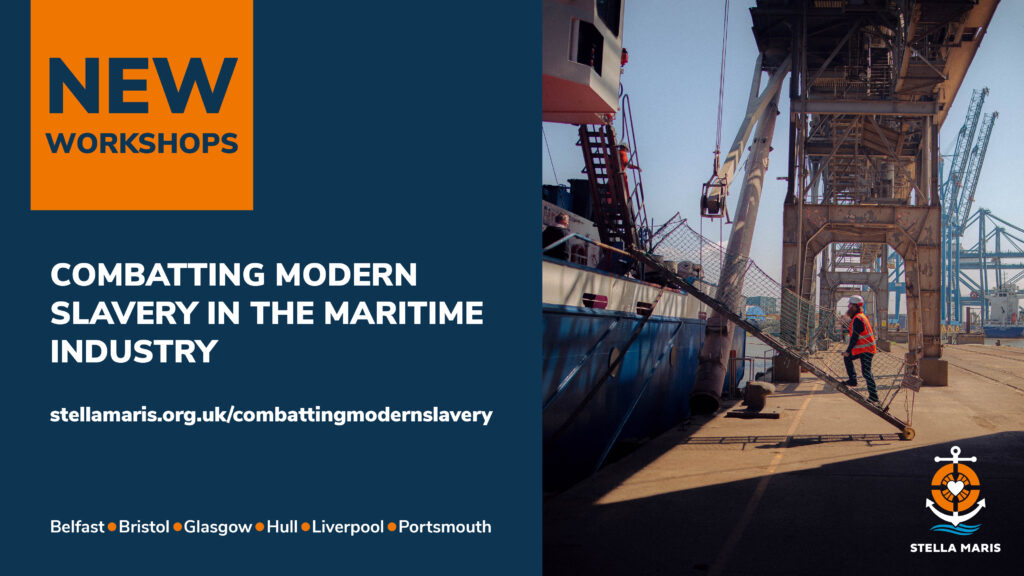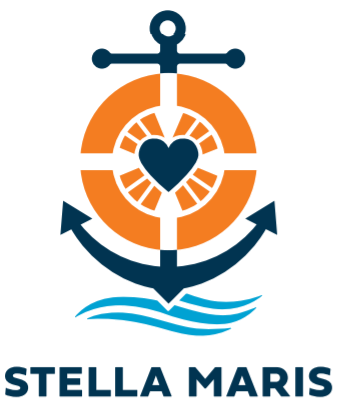
Forced labour and modern slavery have no place in the modern maritime sector. According to the most recent report from the International Labour Organisation, there has been a 10% increase in forced labour since 2016. This is a trend recognised by Stella Maris chaplains around the world. Seafarers and fishers who endure extended periods away from home and who may face isolation on vessels can be particularly susceptible to exploitation. In response, Stella Maris is taking proactive steps to address and help combat this issue.
Newly developed workshops, funded by the Department for Transport through the Merchant Navy Welfare Board, will provide participants with essential knowledge and tools to identify signs of modern slavery and to respond effectively to potential cases. The sessions will be led by a panel of experts and will focus on key topics, including: recognising indicators of exploitation, ways to reduce the risks of modern slavery, understanding the emerging threats and trends in modern slavery, and identifying and accessing appropriate support networks for those escaping modern slavery. Attendees will also have the opportunity to hear the voices of some of those who have experienced modern slavery firsthand.
The workshops will be open to front-line port personnel, including ship visitors, ship operators, port authorities, law enforcement agencies, and other port stakeholders who come into contact with seafarers and fishers. To ensure accessibility and increased reach, the workshops will be held in six locations around the UK: Liverpool, Bristol, Hull, Glasgow, Portsmouth and Belfast

